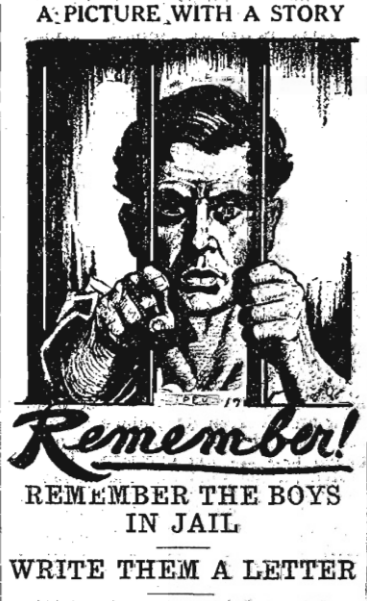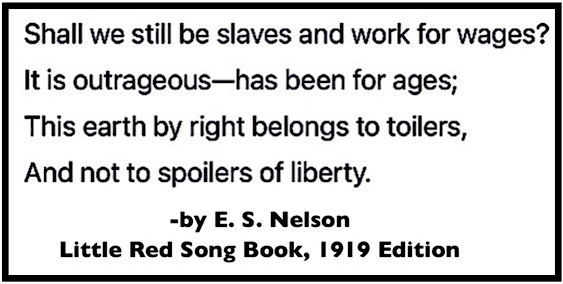 —————
—————
Hellraisers Journal – Saturday October 4, 1913
Wheatland, California – Hop Pickers Attacked While Meeting on Durst Brothers
From the International Socialist Review of October 1913:
—–
[Part II of II.]
While the workers were still in meeting [of Sunday afternoon, August 3rd] and while they were singing “Conditions They Are Bad,” eleven armed men, headed by Sheriff Voss, whirled into the hop yard in two automobiles. They leaped to the ground. Among them was Edward Tecumseh Manwell, the district attorney. All these armed men charged the crowd. Voss, the sheriff, rushed to the stand, seized Dick Ford, and said he was under arrest. Ford asked for a warrant. Voss struck him. At the same time he lifted his gun, fired and ordered the crowd to disperse. Just then a woman seized Voss. He clubbed her with his gun. She tripped him and he fell.
By this time all the eleven men were shooting and the shots sounded like a battle. Voss went down. The crowd closed in around him. The woman was on top. A Porto Rican, name unknown, rushed from his tent through the crowd and got the sheriff’s gun. He saw the district attorney, Edward Tecumseh Manwell, ready to shoot into the crowd of workers. The Porto Rican killed Manwell. Already one of the workers, an unidentified English boy, had been killed. The Porto Rican then shot Eugene Reardon, one of the deputy sheriffs, and at almost the same time he dropped dead himself with a load of buckshot in his breast, which tore away the ribs and exposed his lungs. Harry Daken fired the shot. All these incidents took place while William Beck, one of the prisoners held in Marysville jail, was running less than two hundred yards.
So dumfounded were the deputies when this Porto Rican boy returned their fire that they ran like scared jack-rabbits. In less than a minute after they charged into the yard they were tearing away again in their automobiles. They made the trip back to Marysville from Wheatland, more than ten miles, in eleven minutes.
Left in the hands of the strikers was the sheriff, whose leg had been broken in the scuffle. Four dead bodies and about a dozen wounded testified to the savagery of the fight. The strikers nursed the wounds of the sheriff and the others injured, regardless of whether they were friend or enemy. After the battle, working-class humanity asserted itself. The sheriff told the men and women that they were better to him than his own men, who had fled. He was taken in a wagon to the town of Wheatland and turned over to his friends.

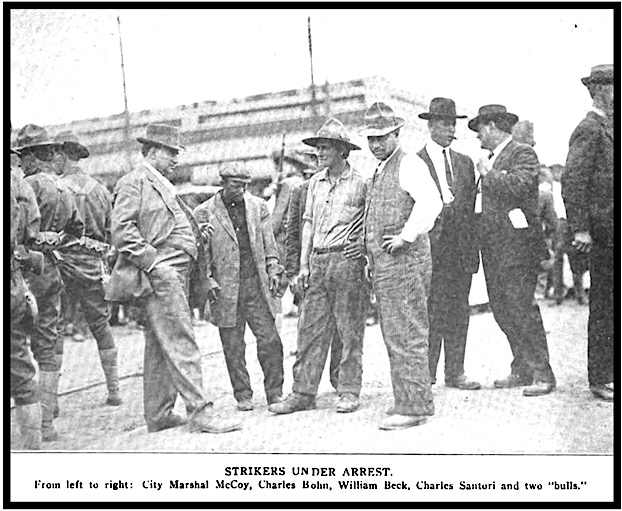
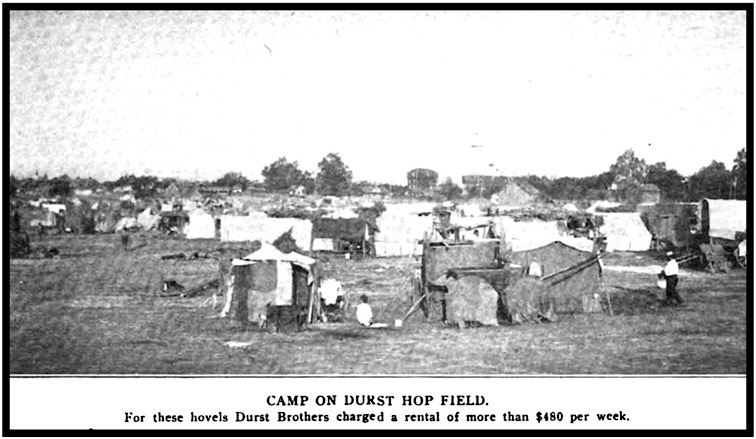
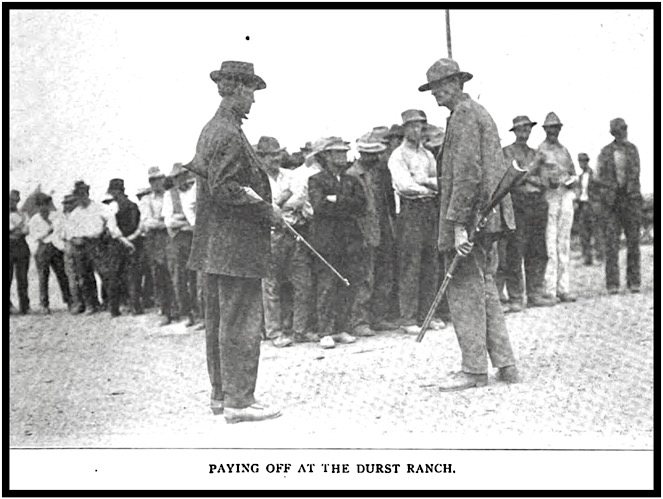
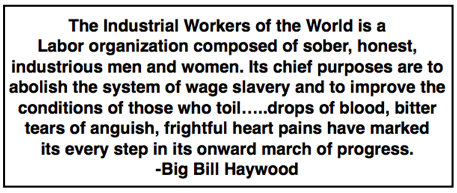 —————
—————
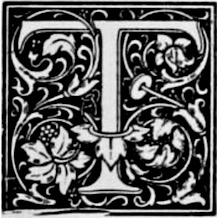
 ———-
———-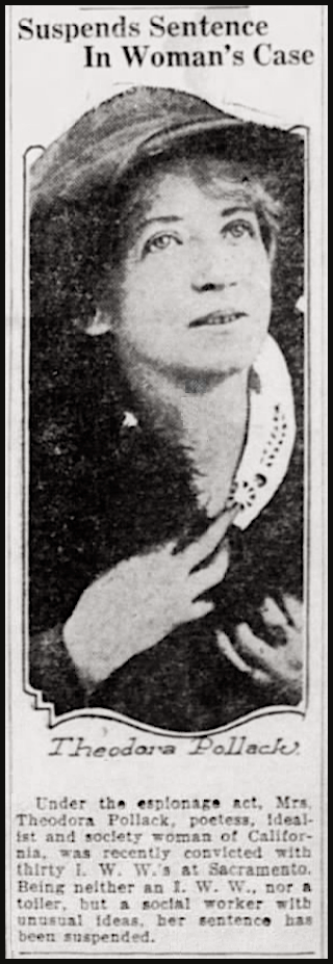
 —–
—–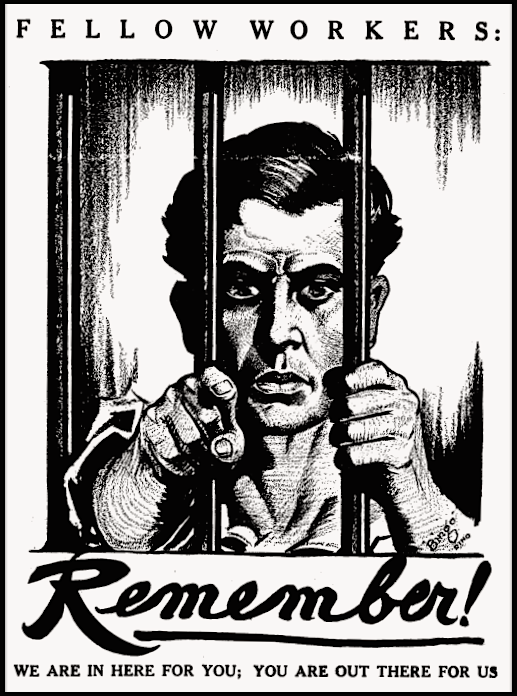
 —–
—–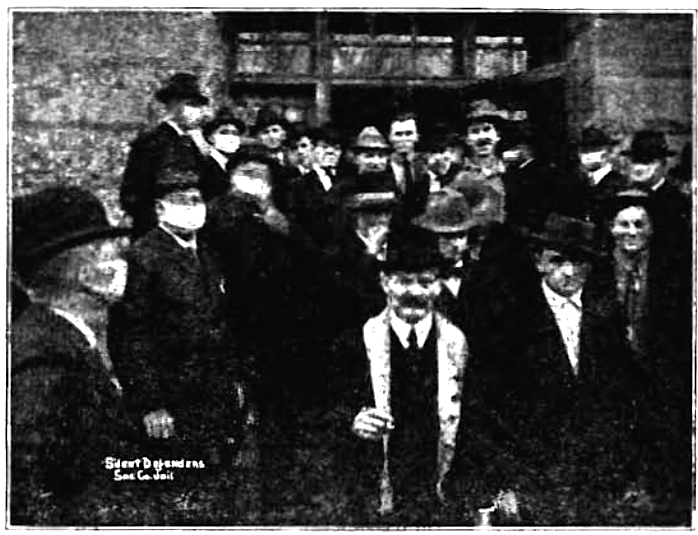
 —–
—–
